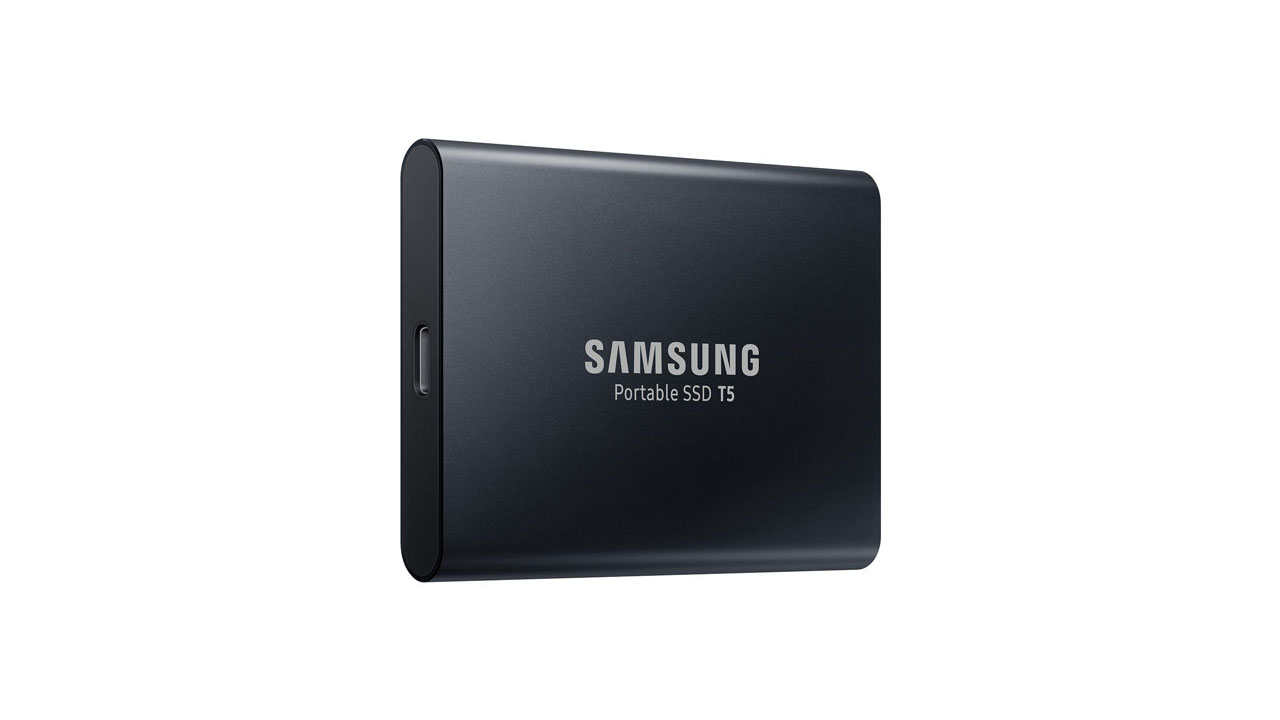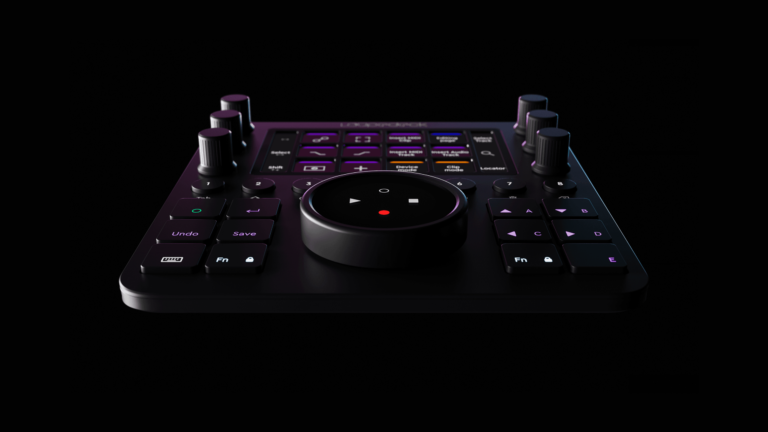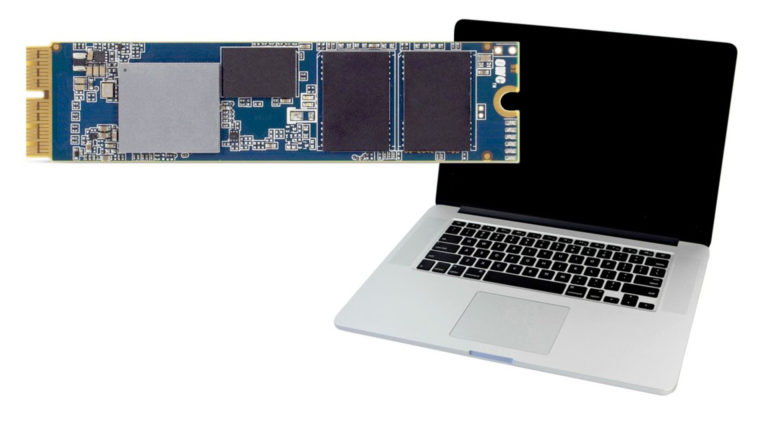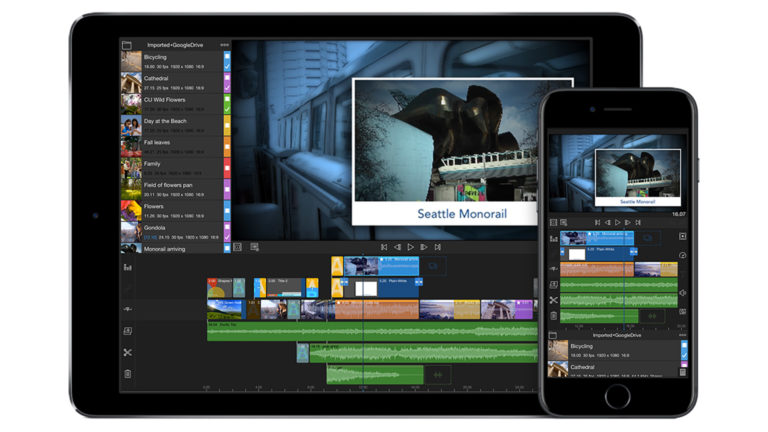Folks. The moment has arrived when we need to dump our spinning mechanical drives. They served us well for decades, and still do for our very-high-capacity lowest-cost-per-gig applications like backing up an entire production. But for critical applications like offloading and managing original camera files and remote editing of multiple 4K streams, it really is worth the extra cost for a top-quality SSD.

The new Samsung T5 features the latest 64-bit V-NAND flash memory and USB-C 3.1 Gen 2 interface. Samsung provides both USB-A and USB-C cables with the T5.
We are all aware how mechanical drives can be problematic. Transfer speeds are slow — 1/100 of an SSD — so moving large data files can seriously reduce productivity and efficiency on a production. The relative high failure rate of these drives is also a constant menace. The distance between the mechanical platters is measured in wavelengths of light, so there is not a lot of space for dislocation of the spinning discs due to shock or the inadvertent rough treatment we associate generally with the rigors of our business.

The T5 1TB and 2TB models have a distinguishing black finish. The lower capacity (250GB and 500GB) drives have a blue metallic finish. The T5 is extraordinarily small and lightweight – under three inches long and weighing little more than an ounce.
Utilizing 64-bits-per-layer V-NAND flash memory, Samsung’s T5 portable SSD offers significantly increased capacity compared to the previous 32-bit T3 model, effectively jamming more chips onto the same size semiconductor material while consuming less power. The T5 also reflects the industry trend in portable SSDs by incorporating a single USB-C connector instead of the USB-A type used previously by Samsung and others.

The T5 utilizes a USB-C interface, which maxes out in the 600MBps range. Some overhead must always be allowed for cables and connectors, applications that may be running, and the overall data load. Most users will see an effective speed of about 540MBps in the real world.

The T5 features a rigid protective frame that is extremely rugged. Rubber shock absorbing mounts provide additional protection from physical impact. The V-NAND memory is soldered directly onto the PC board eliminating a common source of failure in many drives.
The higher density V-NAND memory, in combination with the USB-C 3.1 Gen 2 interface, increases the effective working speed across the bus from 450 MB/sec to 540 MB/sec. We can use all the speed we can get editing huge 4K camera files on airplanes or offloading 512 GB camera cards late at night in hotel rooms. Like previous iterations, the T5 is not much larger than a stick of chewing gum and fits nicely in a shirt pocket. The tiny size and concomitant increased risk of loss means use of the included encoding software is imperative for many folks, as the diminutive drive makes easy prey for thieves. Encryption is also a good idea when shipping sensitive content, the T5 fitting easily in an overnight envelope.

Worried about power consumption? You needn’t be. SSD power consumption is very low power (2W or so in the T5) so the drive itself is not a resource hog. There is no spinning up motors that require substantial power. Short of connecting 200 drives in series, one need not be concerned with multiple units’ power draw.
The USB interface has a checkered industry of unruly players playing fast and loose with the USB standard. Until the industry settles on a single reliable interface like Thunderbolt 3, the chaos and reliability issues that plague our industry will continue. When investing in an SSD (or other USB peripheral), it is essential to consider only the top brands, including Samsung, that have done the necessary testing and maintain the required quality control. Given the stakes for many of us in film and television, it’s really not worth risking our money and careers on anything less.

For film and video professionals, the reliability of one’s primary storage drive is paramount. Projects worth hundreds of thousands or millions of dollars may be contained on a single drive, so shooters and filmmakers should only consider a top model from a reputable manufacturer.










